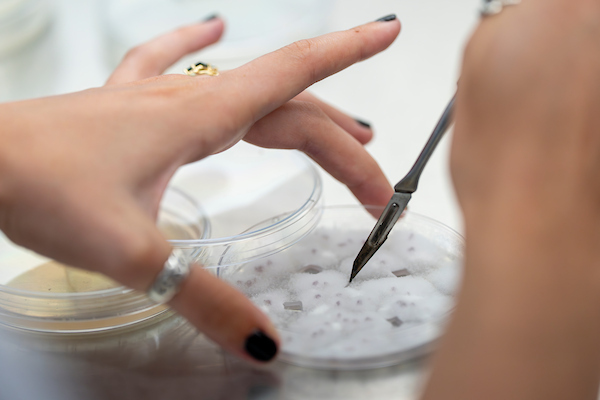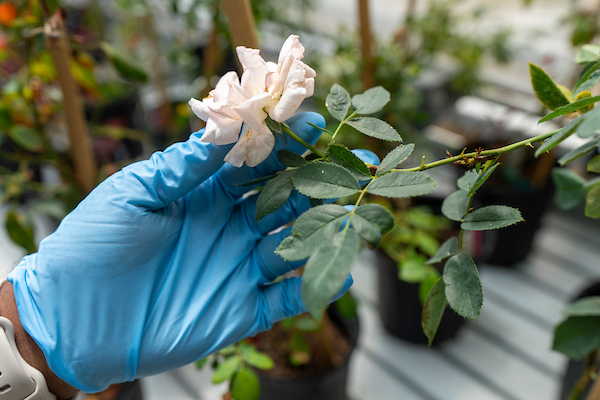
Graduate Degrees
You’ve embarked on a path towards leadership in life science research, teaching, and extension, which further expands your professional horizons beyond a traditional scientist role. We’re delighted you’ve chosen our department for this journey, as the fields of plant pathology and environmental microbiology promise dynamic growth. The future’s focus on food supply and quality, coupled with the untapped potential of microorganisms for environmental solutions, assures a career of diverse opportunities.
In our faculty, we’re dedicated to furnishing you with top-tier training. Graduate studies differ from undergraduate experiences; our aim is to equip you with the skills to adapt and learn continuously, given the evolving nature of scientific knowledge. Your success will be gauged by your development of discipline, self-confidence, and ethical standards, pivotal to your future achievements. Learning, especially in scientific research, teaching, and extension, often involves an apprenticeship approach. Through laboratory rotations, classes, seminars, fieldwork, and research involvement, you’ll grasp the nuanced ‘art’ of these fields. Your learning will largely stem from primary literature and personal interactions with professors, peers, and technical staff. At the core of our mission as faculty is the desire to impart knowledge and expertise, achieved most effectively by involving you directly in our ongoing research, teaching, and extension endeavors.
Master’s Degree

The Department of Plant Pathology and Microbiology offers M.S. degrees in Plant Pathology. The M.S. program requires a minimum of 32 hours. The current plant pathology curriculum reflects the need for balance between detailed fundamental knowledge of specific concepts with broad-based training.
Doctoral Degree

The Department of Plant Pathology and Microbiology offers a Ph.D. degree in Plant Pathology. The Ph.D. program requires a minimum of 96 hours. The current plant pathology curriculum reflects the need for balance between detailed fundamental knowledge of specific concepts with broad-based training.
Application Deadlines
Domestic & International
| Fall Deadline |
|---|
| December 15 |
Graduate Student Advising
Graduate students in the department have access to several sources of advice. Graduate students also develop close ties to their major advisors and benefit from these interactions as well as from their peers and as members of the Graduate Student Club. The Department Head also meets with students and the Graduate Student Club and provides academic and professional advice. Contacts for these faculty members can be found below.
Contact Us
Sanjay Antony-Babu
Assistant Professor
Brian D. Shaw
Professor and Associate Department Head for Academic Affairs
Won Bo Shim
Professor and Head


